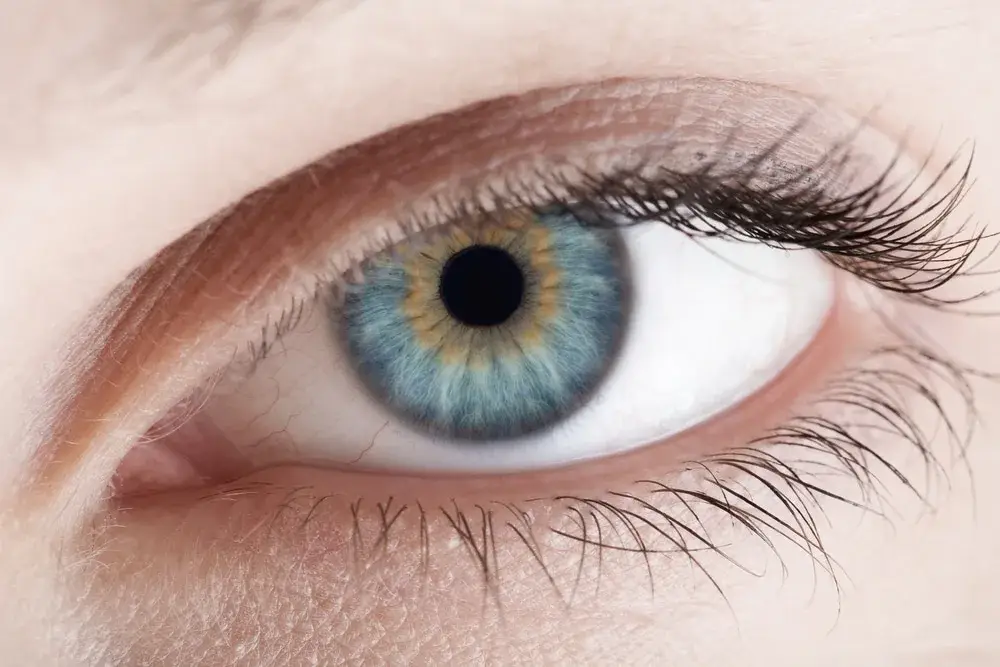Why Do Pupils Dilate and Constrict?
There are certain situations where pupils are naturally expected to dilate and constrict. There are also some circumstances where that behavior could be a red flag. Learning how to spot the difference can help you safeguard your health.
Functioning as Designed
If you’re wondering why pupils dilate, then it makes sense to explore the function that they serve in the eye. As All About Vision explains, the pupil’s practical purpose is to control how much light enters the eye. In a room with normal lighting, the average adult pupil is 3.86mm. If the light is brightened to direct lighting, the pupil constricts, or becomes smaller, so that the pupil measures only 3.35 mm. This prevents the eye from becoming overwhelmed. However, if the light fades to near darkness, the pupil dilates, or gets bigger, and expands to 6.41mm. This allows the pupil to capture as much light as possible.
Reacting to Emotion
Light isn’t the only thing that a person’s pupils will naturally react to. Mental and emotional reactions can also trigger reactions in the pupils, according to Scientific American. While the exact mechanisms aren’t understood, it’s likely to be a by-product of the way that the nervous system processes various stimuli. As a result, things that trigger the autonomic nervous system’s sympathetic branch, which is associated with “flight or fight” responses, are likely to cause the pupils to dilate. Meanwhile, things that trigger the parasympathetic system, which is associated with “rest and digest” functions, cause pupils to constrict.
Exploring Other Causes
Several other things can also trigger your pupils. Sometimes, the culprit can be shrugged off. In other cases, it is cause for serious concern. Therefore, identifying the reason for your pupil dilation can help you determine what your next step should be. As Cleveland Clinic indicates, things that can cause your pupils to dilate include the following:
- Eye exam. Eye drops that temporarily dilate the eye are often used during an eye exam to allow the eye doctor to thoroughly examine the eye. The effects should wear off fairly quickly.
- Medications. A number of common over-the-counter and prescription medications can cause the pupils to dilate. These include antihistamines, decongestants, motion sickness, and anti-nausea medications. Antidepressants, anti-seizure drugs, atropine, which is used to treat heart rhythm and stomach troubles, Botulinum toxin, and Parkinson’s disease meds are also linked to pupil changes.
- Recreational drug use. Methamphetamines, cocaine, LSD, ecstasy, and other recreational drugs are known to cause dilation of the pupils. Because the dosage and quality of these substances are unregulated, trying to assess the impact that anyone taking them may have can be especially difficult.
- Medical conditions. Brain injury, head trauma, and eye injury are all strongly linked with unexpected changes in the pupils that should be taken seriously. Mydriasis, or fixed pupil, is the diagnosis when one or both pupils dilate and do not respond properly to light. Anisocoria is the term used when pupils are two different sizes. Adie’s pupil refers to an abnormal reaction to light in just one eye. Microvascular cranial nerve palsy involves a blockage of the eye’s small blood vessels. Ocular migraines are migraines impacting the eye.
Exploring why pupils dilate makes it unmistakably clear: Your eyes aren’t just a window into your eye health. They can offer a glimpse into your overall health as well. Taking care of your vision is important. At Heffington’s, we’re happy to assist you by providing top-notch eye care.
Are you looking for an optometrist in southwest Missouri? Visit one of our experienced optometrists at Heffington’s. Since 1975, the Heffington family has been assisting the Springfield community with top-quality eye care and affordable eyeglasses and contacts. One of the unique features of our family-owned business is that we manufacture lenses at our own laboratory, giving us total control over the service and pricing, and we’re happy to pass our savings on to you. To learn more about our products and services, please get in touch with us online, send an e-mail to asktheexperts@heffingtons.com, or give us a call at 417-869-3937 (Optiland location) or 417-882-3937 (House of Vision location). We look forward to hearing from you!

